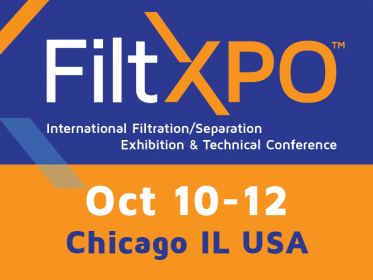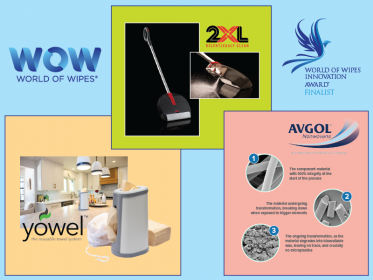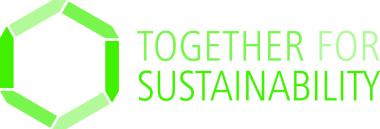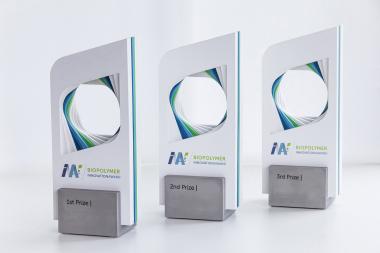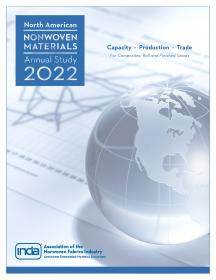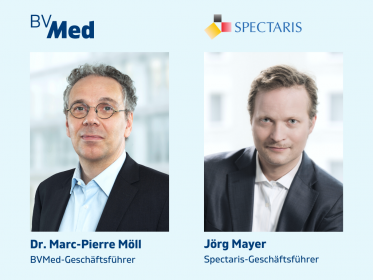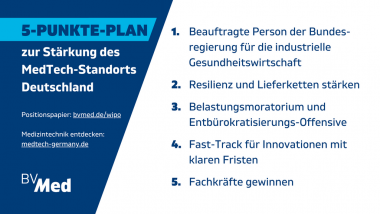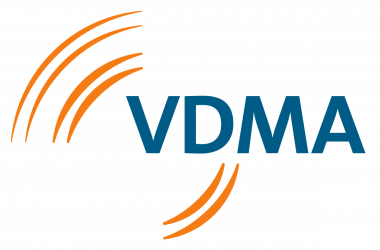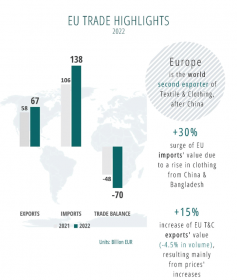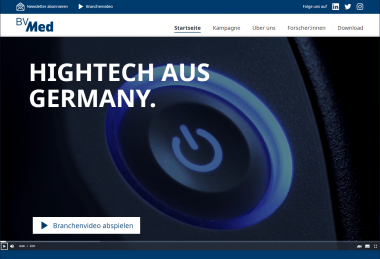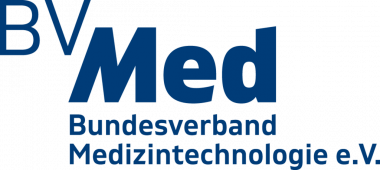INDA receives United Nations Accreditation
INDA, the Association of the Nonwoven Fabrics Industry, was granted status last month as an accredited stakeholder with the United Nations Environment Programme (UNEP), which, among other privileges, will allow representatives from the association to observe the formal ongoing negotiations of the UN Global Plastics Treaty. INDA Government Affairs Director Wes Fisher was on site at the second session of the treaty negotiations formally titled the “second session of the Intergovernmental Negotiating Committee to develop an international legally binding instrument on plastic pollution, including in the marine environment.” The negotiations took place from 29 May to 2 June 2023 at the United Nations Educational, Scientific and Cultural Organization (UNESCO) Headquarters in Paris, France.
“We are excited to continue to enhance the capacity of INDA’s government affairs department to better serve the industry on a global scale,” stated Fisher. “We look forward to working with the UNEP to provide technical input regarding ongoing plastics treaty issues specific to the nonwovens industry, and engaging with other UN processes with our new status as an accredited stakeholder.”
Accreditation provides non-governmental organizations with observer status to the United Nations Environment Assembly, UNEP, and its subsidiaries. Accreditation will bring many advantages to INDA with respect to participation in the work of UNEP’s Governing Bodies, such as the United Nations Environment Assembly of UNEP and the Committee of Permanent Representatives.
UN Global Plastics Treaty negotiations have garnered significant attention from both industry and environmental groups. At least three more negotiation sessions are expected with the goal of finalizing a treaty by the end of 2024.
INDA







